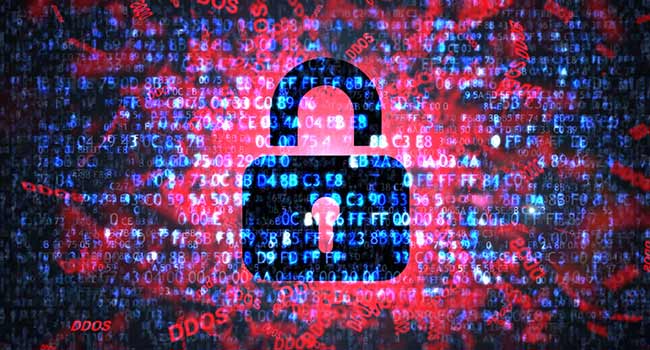Nearly everyone has sent in for their credit report, or had a company do so on their behalf, which is why the Equifax data breach is so concerning.
On Thursday, Equifax, one of the big three credit reporting agencies in the U.S., announced that a data breach may have impacted sensitive information of about 143 million U.S. consumers.
In a July data breach, hackers gained access to Social Security Numbers, birth dates, addresses and driver’s license numbers Equifax was storing.
Compromised information can be used to open up new credit cards, access medical records and a whole lot more. So, what can you do?
Unfortunately, there isn’t a lot to do besides signing up for credit reports and changing your passwords, said Eric Marcus, a cybersecurity expert and CEO of Marcus Networking.
“(The) biggest problem with this hack, is that (hackers) have your information. It’s going to be a continuous battle, for who knows how long, of protecting your information,” Marcus said.
He suggests signing up with companies like Credit Karma, which is free, and allows you to easily monitor anything related to your credit score.
Hackers who were able to gain access to your Social Security number, date of birth and address can freely open up credit cards and start making charges in your name, Marcus said.
Credit Karma will notify you anytime someone accesses your credit, to help you protect yourself, he said.
Services like LifeLock can also freeze your credit accounts, making it difficult for people to open up credit cards and other sensitive accounts in your name, Marcus mentioned.
Right now, is also a great time to change passwords for all of your online accounts, Marcus said. He said that the quicker consumers are at being proactive, the better chance they have of stopping anyone who wants to use your information for nefarious reasons.
Equifax has launched a website where you can visit to see if your data has been compromised. According to some reports, during the enrollment process of finding out if your information was compromised, no matter who’s information you input, Equifax will tell you that your personal information may have been impacted by this.
I tested this out on the Equifax enrollment site, by inputting a fake last name, followed by the numbers 1-6 (Equifax is asking for the last six digits of a Social Security Number).
The following page was displayed:
Marcus said that consumers need to be concerned about the data they provide to companies going forward. There is a lot of emphasis on making sure your personal passwords are safe to protect your sensitive information, but these companies are the ones getting hacked, Marcus said.
Besides monitoring your credit and changing passwords, there just isn’t a whole lot consumers can do, he said.
Marcus equates giving your data to companies to giving your money to banks. You trust these businesses to protect your assets. But banks are FDIC insured in the event something happens to your money, Marcus said, but companies don’t have a similar protection when it comes to your data.
Who knows what this breach could mean for how the U.S. handles credit ratings and reports, it’s too early to tell. But big changes could happen. In the meantime, keep an eye on your credit scores, and open accounts, Marcus said. You may be doing it for a long time to protect yourself.





